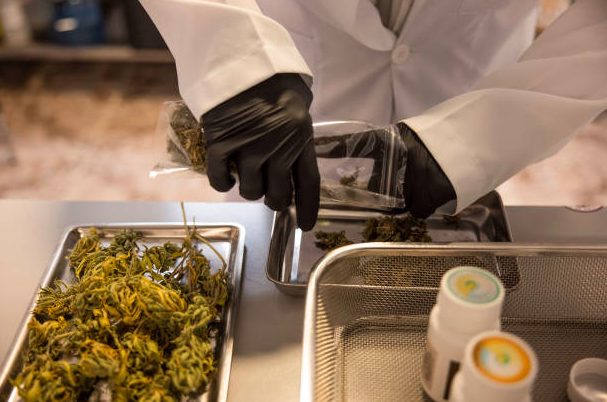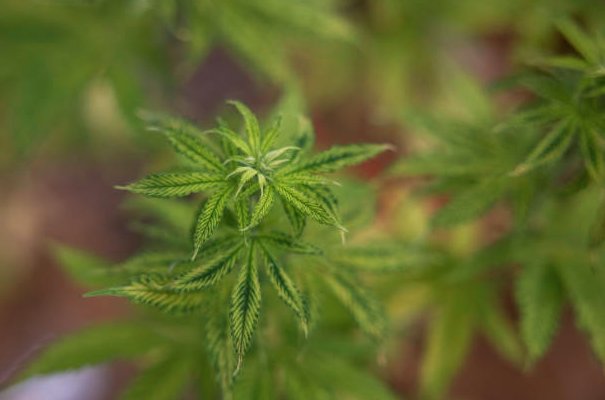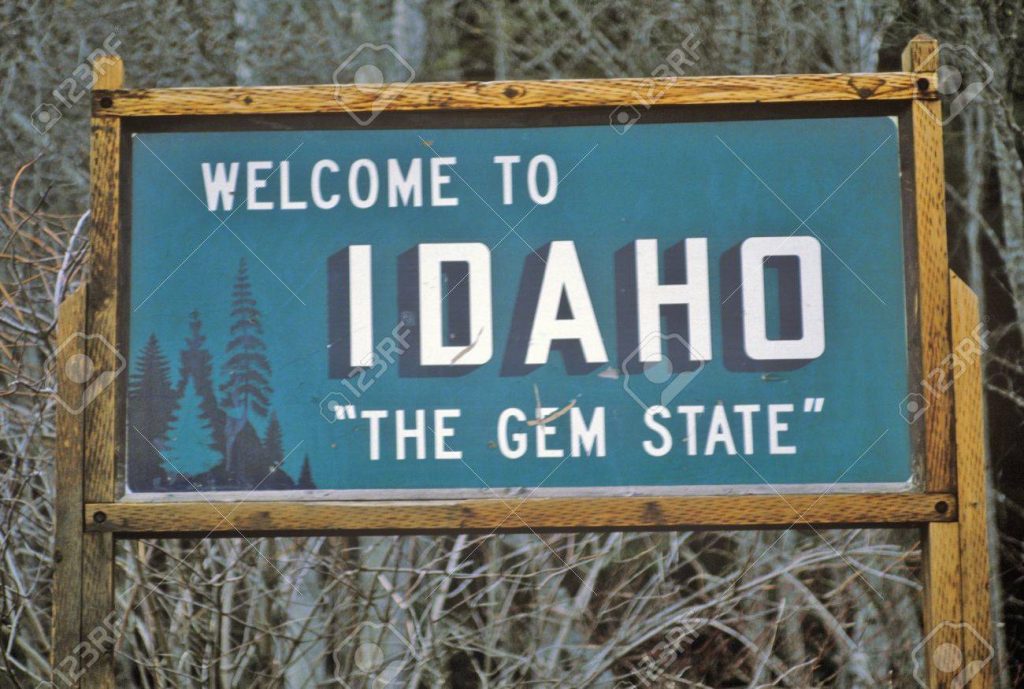Curious about the evolving cannabis scene in Arizona? It is important for both locals and tourists to have a clear understanding of the intricate cannabis laws.
The landscape of marijuana legislation in Arizona has undergone significant transformations, impacting various aspects such as possession, cultivation, and recreational use.
This research will explore the important cannabis legislation in the Grand Canyon State to ensure that you are well-informed about the current legal nuances.
Having a good grasp of these limitations, whether you’re a local or just visiting, is crucial for navigating Arizona’s growing cannabis industry without any hiccups.
Arizona’s Proposition 207: Legalizing Recreational Cannabis
In 2020, Arizona voters approved Proposition 207, also known as the Smart and Safe Act, legalizing cannabis for recreational purposes.
Individuals over the age of 21 are now permitted to cultivate, possess, and consume cannabis for personal purposes under this legislation. There are, however, certain guidelines and limitations that must be adhered to:
1). It is permissible to possess a maximum of five grams of cannabis extract or one ounce of cannabis plants. If you possess an amount exceeding the legal limit, you may face legal consequences and be subject to a fine of $100.
2). Each residence is permitted to have a maximum of six plants, provided they are securely stored in a private area that is not visible to others.
Multiple individuals residing in a shared residence have the opportunity to cultivate a maximum of 12 plants.
3). Marijuana can be purchased from shops that have been approved by the Arizona Department of Health Services (ADHS).
It is permissible to share or transfer up to an ounce of marijuana or five grams of extract with another adult without any form of compensation or exchange.
4). Smoking or consuming marijuana is prohibited in parks, schools, workplaces, and cars, as well as other public areas.
Engaging in such behavior may result in a $300 fine and a requirement to perform community work. Cannabis use is restricted to private homes or designated social rooms.
5.) When under the influence of cannabis, it is important to refrain from operating a vehicle or being in direct control of a car.
This is a serious offense that can result in a DUI charge, carrying significant consequences such as fines, imprisonment, license suspension, and other penalties.
Exploring the Benefits of Medical Cannabis

In 2010, voters in Arizona passed the Arizona Medical Marijuana Act (AMMA), which legalized the use of medical marijuana in the state.
This legislation allows individuals who meet specific criteria and obtain written consent from authorized physicians to utilize cannabis for medicinal purposes. The AMMA provides various protections and assistance to individuals who use medical cannabis, such as
1). Individuals are permitted to possess a quantity of marijuana that exceeds the legal limit for adults, allowing for up to 2.5 ounces every two weeks.
Another alternative is to designate a service to assist you in obtaining and utilizing cannabis.
2). Individuals who reside more than 25 miles away from a store or have obtained a hardship cultivation number from the ADHS are eligible to cultivate their own marijuana.
If the plants are kept in a secure room, limited to the patient’s access, up to 12 plants can be grown.
3). The only places where you can purchase cannabis are shops that have been licensed by the ADHS and are listed with them.
It is permissible to provide up to 2.5 ounces of marijuana to another patient or caretaker, as long as no form of compensation is involved.
4). It is important to note that employers, landlords, schools, and health care providers are not allowed to discriminate against or penalize individuals who use medical cannabis.
This is only true if not doing so would result in the loss of a government advantage or contract.
5). Individuals have the option to request the expungement of previous charges related to cannabis, provided that they were not categorized as violent or major offenses.
This could assist in regaining your legal rights and resolving your criminal record.
Arizona’s Cannabis Laws: Recreational vs. Medical Use
Based on the data, it appears that Arizona has legalized cannabis for both recreational and medical use.
However, there are still certain laws and regulations that individuals must follow. The data emphasizes the main differences between the two forms of usage, including the volume, source, and location of use.
The research also highlights the pros and cons of cannabis use in Arizona, including legal protections, tax revenue, and possible penalties.
This information can help individuals make informed decisions and avoid any legal consequences when using cannabis in Arizona.
Read also: Cannabis Regulation in Georgia: Understanding the Restrictions



